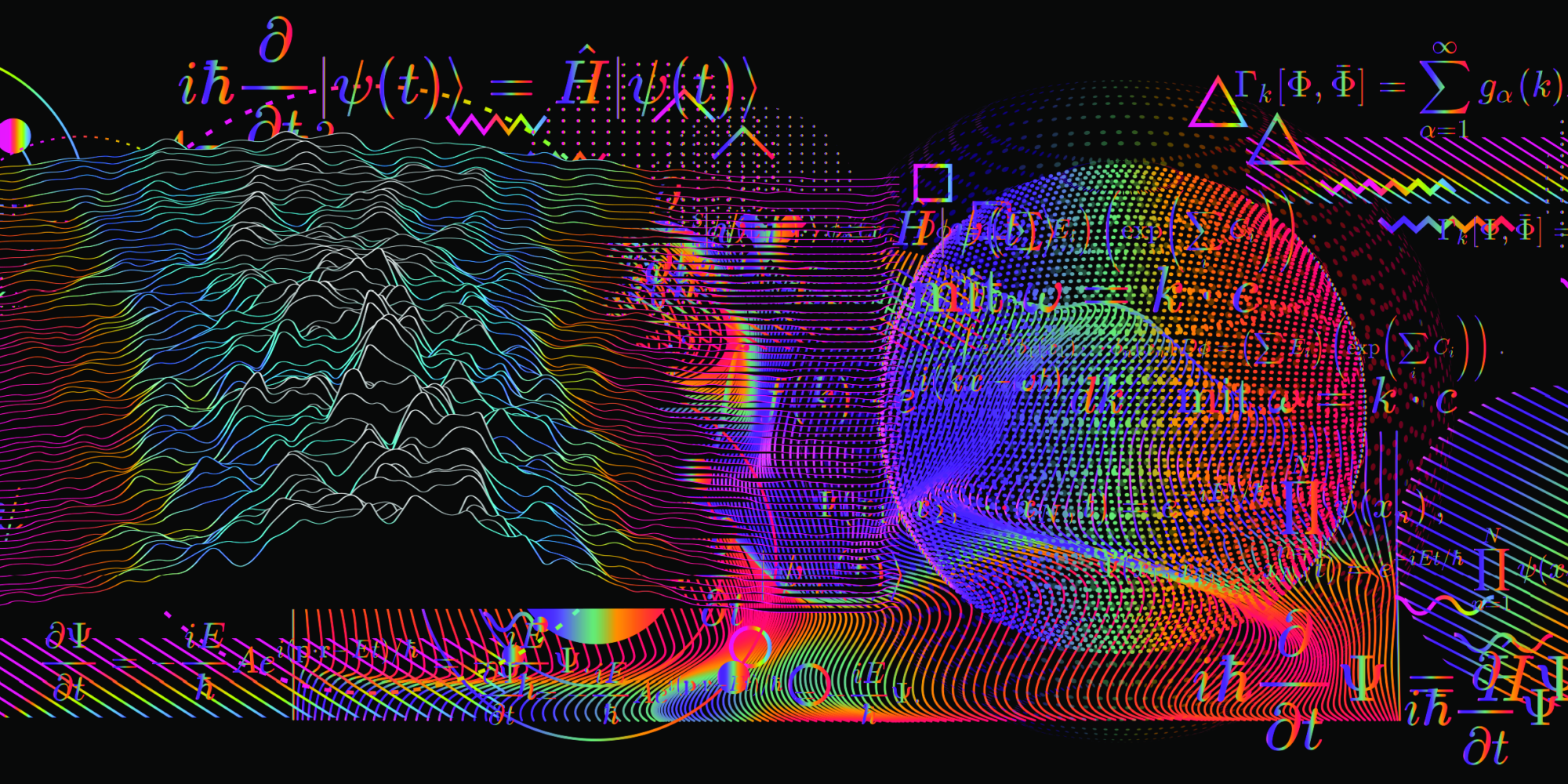Quantum fields are consciousness: A groundbreaking new theory by the inventor of the microprocessor
Seeing | Quantum Theory | 2024-06-16

A new groundbreaking theory of consciousness proposes that qualia — for instance, the scent of a rose — reside in quantum fields. Federico Faggin is one of the greatest luminaries of high technology alive today. A physicist by education, he is the inventor of the microprocessor and the MOS silicon gate technology, both of which underlie the modern world’s entire information technology. With the knowledge and experience of a lifetime in cutting-edge fields, Federico now turns his attention to consciousness and the nature of reality, sharing with us his profound insights on the classical and quantum worlds, artificial intelligence, life and the human mind. In this discussion, he elaborates on an idealist model of reality, produced after years of careful thought and direct experience, according to which nature’s most fundamental level is that of consciousness as a quantum phenomenon, while the classical physical world consists merely of evocative symbols of a deeper reality.
Order “Irreducible: Consciousness, Life, Computers, and Human Nature” on Amazon
00:00 Intro
02:15 Announcing Irreducible: Consciousness, Life, Computers, and Human Nature
03:28 Core Message of Irreducible
05:23 Bernardo Kastrup on Irreducible
13:17 Introduction at ASML by Hans Busstra
18:55 Interview with Federico at ASML
21:37 When did you realize consciousness cannot be computed?
25:43 On the distinction between intelligence and consciousness
36:04 Federico’s theory in relation to The Matrix
37:35 You have to start with consciousness and free will as postulates
42:42 Are emotions a product of consciousness?
43:30 What about a person who is brain-dead?
47:54 Federico on the fact that his theory is speculative but needed
49:24 On the order of consciousness, life, computers, human nature
50:57 The universe wants to know itself
52:37 Quantum theory and pre-modern intuitions
53:55 The evolution of life is cycle of meaning to symbol

Essentia Foundation communicates, in an accessible but rigorous manner, the latest results in science and philosophy that point to the mental nature of reality. We are committed to strict, academic-level curation of the material we publish.
Recently published
Reading
Essays
Seeing
Videos
Let us build the future of our culture together
Essentia Foundation is a registered non-profit committed to making its content as accessible as possible. Therefore, we depend on contributions from people like you to continue to do our work. There are many ways to contribute.















